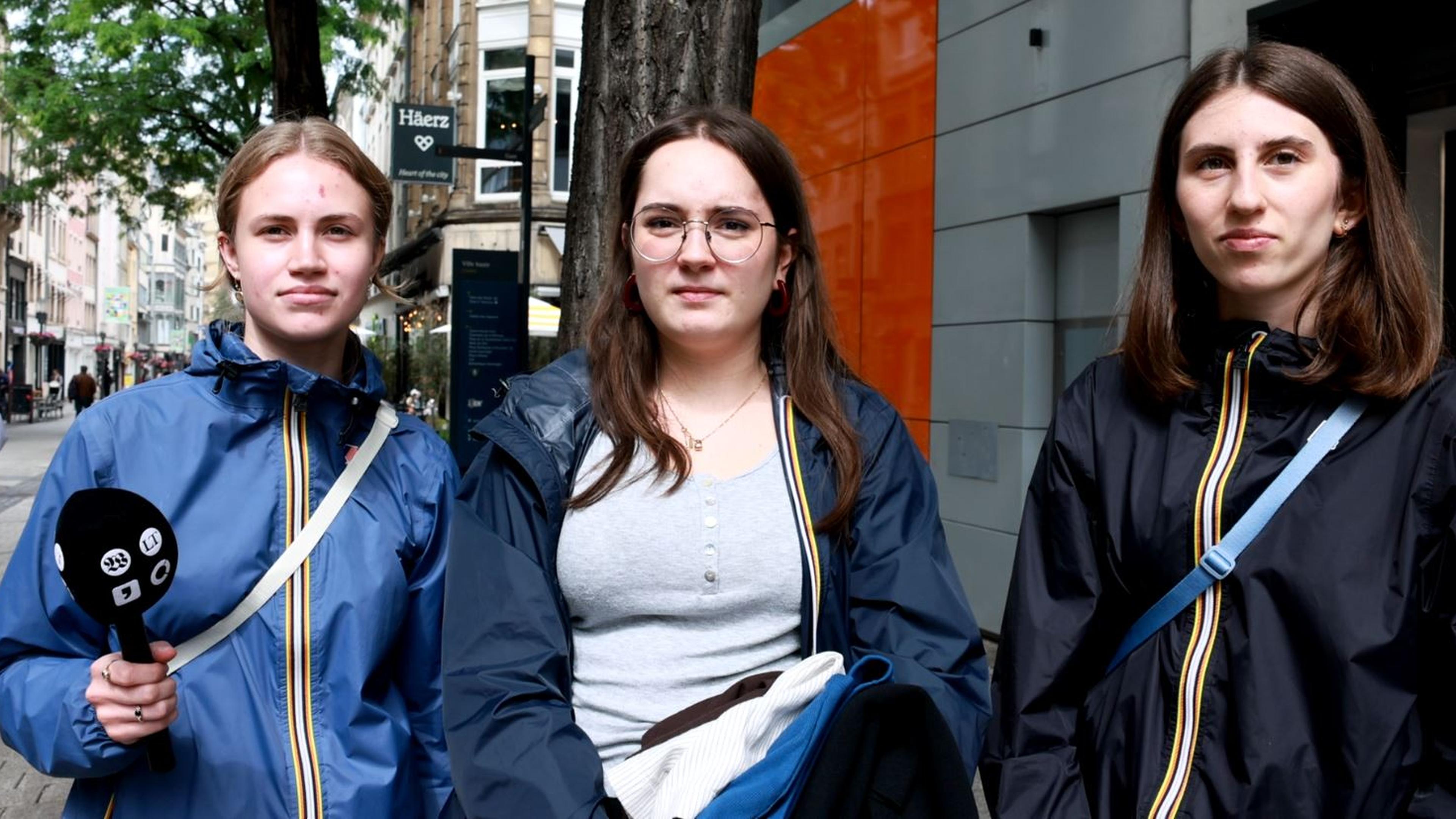Friendliness works: 7 tips on how to rediscover them

Those who are friendly promote the distribution of dopamine and other happiness hormones. This increases well -being, reduces stress and strengthens the immune system. Friendliness also has a positive effect on social relationships. Friendly people look more accessible and trustworthy. Sounds good, right?
But not everyone is, and on a case -by -case basis it is sometimes easier or more difficult to be friendly – for example in discussions. But the other opinion is often not the problem, but dealing with it, according to the communication expert Réne Borbonus. In his book « About Art of being a friendly person », Borbonus describes how it works better, for ourselves and others – in the end for the whole society.
« Friendliness is almost always mirrored, » says the author, and leads to cooperation: « A good word can make friends from neighbors, raise exhausted people again and even lift shop opening hours. » How do you start?
Being friendly is a conscious decision
Like any other ability, friendliness can become a habit by regular practice. It starts with the inner attitude.
A praise, a compliment or a helping hand: friendliness does not have to be spectacular. Photo: Shutterstock
1. Create consciousness:
Friendliness is a decision. And if you take care of being friendlier, you quickly notice the positive effect. « We often react with unfriendliness, especially in stress. If you are consciously standing, you can break through this pattern, » says Nora Blum. « The art is to be friendly even when it is difficult. » The Berlin psychologist and entrepreneur practices « radical friendliness » – not only because it is nice to be nice, but also for itself because it increases your own life satisfaction.
2. Have respect, develop empathy:
To put yourself into others promotes mutual understanding. « We don’t want to hurt anyone, but we often do it, » says Borbonus. An example is the trivial of feelings. The answer « This is not bad » does not take the fear of a child seriously. Respect means to really see the other in order to be able to behave accordingly.
Because: « What others perceive happens on the behavior level. You can do a lot wrong, » explains communication professional Borbonus. A coated tip can be friendly – or condescending. It is crucial how the friendly gesture arrives at the other person.
You should remain respectful even if you are unfriendliness or rejection. « I try to find a benevolent explanation after three deep breaths, » says Blum. The main thing is not to take the matter personally and react differently: « A facing, friendly face helps directly to relax the situation, » she advises. And then: to ask and be patient. « These are skills that we lost, » said the psychologist.
Those who are stressed often reacts with unfriendliness, knows psychologist Nora Blum. This pattern can be broken through consciously. Photo: Shutterstock
3. Show presence:
Friendliness and attention belong together. If you give your counterpart to real presence, put your smartphone away and get involved in the moment. « When I walk through the streets or sit in the subway, three out of four people have the noses in their smartphones-and that takes our perception one of the basic building blocks for friendliness, » says Nora Blum.
Eye contact is a simple means of showing presence. Because « I can’t meet anyone in a friendly manner without contact with the surrounding area, » said Blum. An open posture signals interest and openness. It is crucial to turn the body to this – from head to belly button.
4. Listening actively:
Good listening is essential for conversations. « We always think we would work if we do a lot of words. In fact, most people want to be perceived and give them attention to their opinion, » says Borbonus. If you listen carefully without commenting or preparing an answer, you will find a new response.
5. Use positive language:
A benevolent language can also reduce tensions. However, everyone reacts differently to certain words. « People feel unfriendly treated when they hear words that trigger bad feelings with them, » said Borbonus. « Must », « no » and « but » are stimulus for many people. Also violent metaphors. « If we already announce to someone that we » are planning an attack « , we shouldn’t be surprised if they feel attacked, » he says.
Those who are friendly promote the distribution of dopamine and other happiness hormones. This increases well -being, reduces stress and strengthens the immune system. Photo: Shutterstock
Finns remain the happiest – Luxembourg in the top ten
6. Small gestures, great effect:
Friendliness does not have to be spectacular. Praise, a compliment or a helping hand are simple but effective means. « Helping makes you happy, » says Borbonus. And a smile works wonders – « Many people smile back when you smile at them, » says Blum. This creates positive encounters and is infected. Even polite formulas such as « please » and « Thank you » are much more than phrases – they show appreciation and build trust.
7. Be binding:
« Bindingness forms the basis for trust, » explains René Borbonus. There are no good relationships without trust. The basic rule is simple: keep promise. It is not just about great commitments – also count small gestures of durability. « The importance of continuity is massively underestimated » – if you regularly show interest and keep in touch, you will be perceived as a reliable interlocutor.
Those who put the smartphone out of their hands testify more respect and can better perceive the other. Photo: Christin Klose/dpa-tmn
Friendly? But definitely!
Friendliness only works if it comes out of inner strength – and not out of fear of rejection. « Friendliness is not a weakness, » says Nora Blum. But many incorrectly set them with compliance. « It is much friendlier to clearly pronounce your needs, to set limits and to be able to say no so that the other person does not grope in the dark. »
Especially in the world of work, the idea persists that success is only possible with hardness and assertiveness. « The old stereotype from the tough manager who has to extend the elbow is deep, » says Blum. But the reality shows that those who communicate friendly and stay consistent wins allies instead of opponents.








